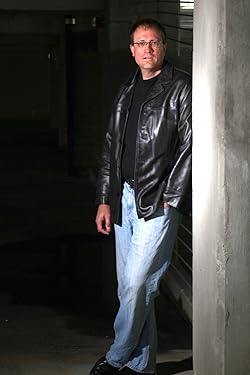By
Jackie King
There’s
a certain creative energy that fills the air and actually permeates the cracks and
crevices at Writer Conferences. Speakers vary, technical techniques evolve,
markets wax and wane; but the atmosphere is always the same. Pure electricity.
I’ve been attending different conferences for a good many years and I always
come home physically exhausted (who wants to miss anything?) but mentally
refreshed. New ideas seem to spring alive and old ones freshen. Or in plain
Okie-speak: I’m again ready to hit that keyboard for another year!
This
year I’m planning on attending the Oklahoma Writers Federation, Inc., scheduled May 8 and 9 in Oklahoma City.
The keynote speaker will be Steven James,
national bestselling author who writes page-turning Thrillers. Suspense Magazine has named James’
book THE BISHOP as their book of the year. This publication claims that James
“sets the new standard in suspense writing.” Publishers Weekly calls him a
“master storyteller at the peak of his game.” And RT Book Reviews promises,
“the nail-biting suspense will rivet you.”
 |
| Steven James |
If
you’re one of those whose heart cries out to put words on paper, accept that
you’re one of God’s scribes. I’m not talking about religious writing; I’m
talking about telling stories about the world you live in. Honesty is what
readers want; but we must remember that my truth may be quite different
from your truth, but that's okay. There are a wide variety of readers in the world. Our work will
not be everyone’s cup of tea. But we will each find our audience.
The
writers at this particular conference are unbelievably generous-hearted.
Authors with over 50 published books to their credit will listen to a beginning
writer and make helpful suggestions. Publishers and agents are available for
appointments, or if you missed that opportunity, you can catch them in the
hallways. “Anywhere but the bathroom,” one quipped.
If
you write or if you want to write, don’t hesitate to sign up for this event or
another like it. I guarantee that you’ll come home just like me…tired, happy
and ready to write.
For
more information contact http://www.owfi.org/conference
the fee is a reasonable $200. and includes two banquets.





